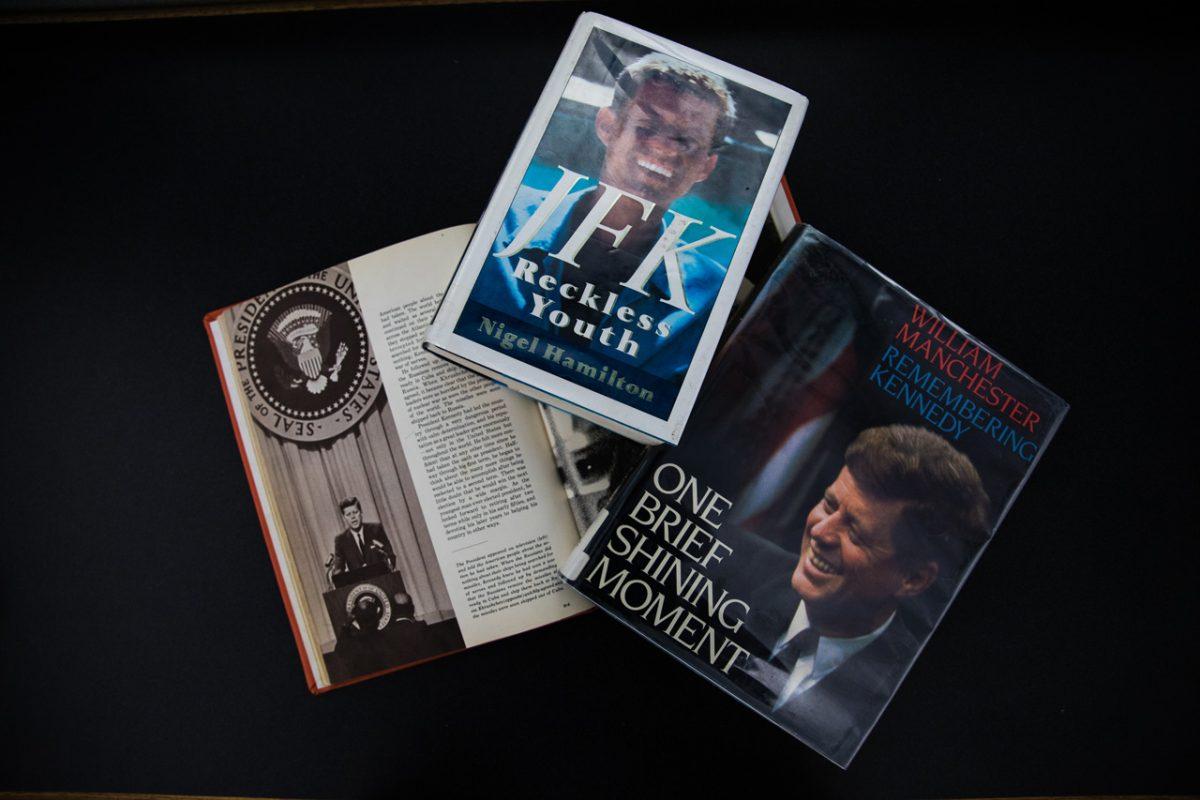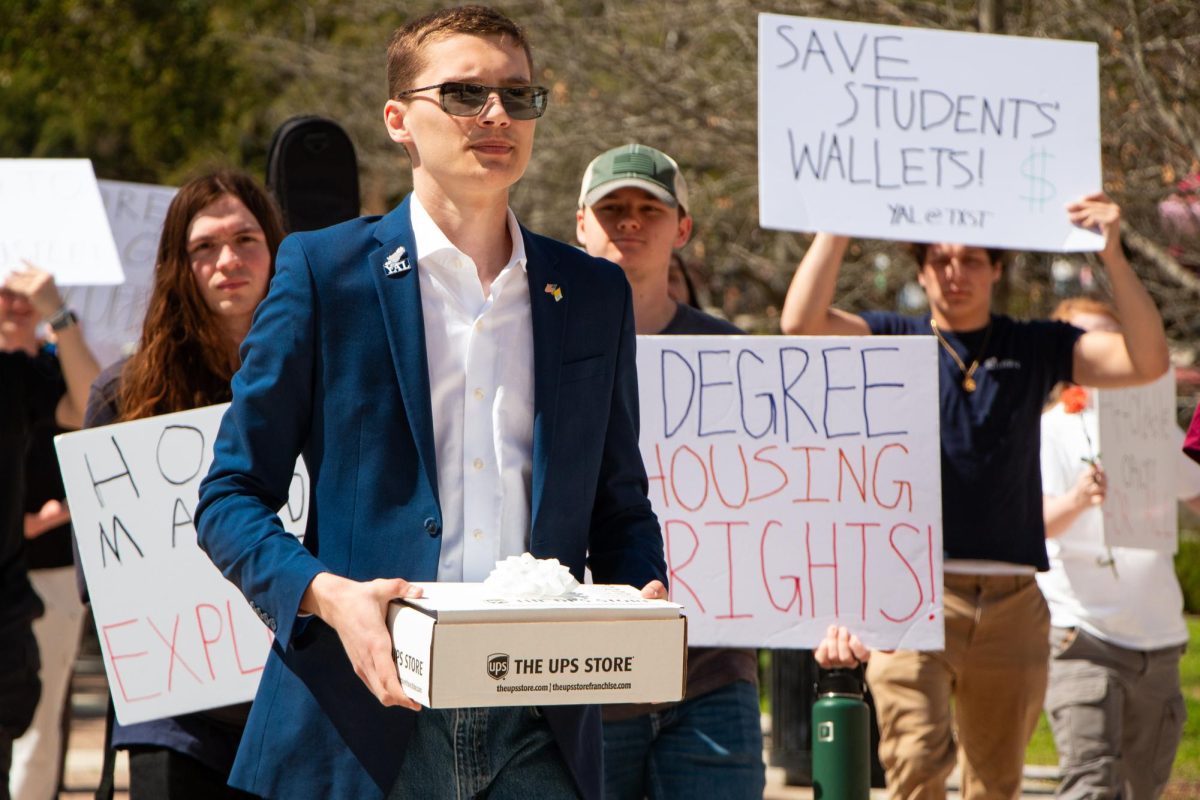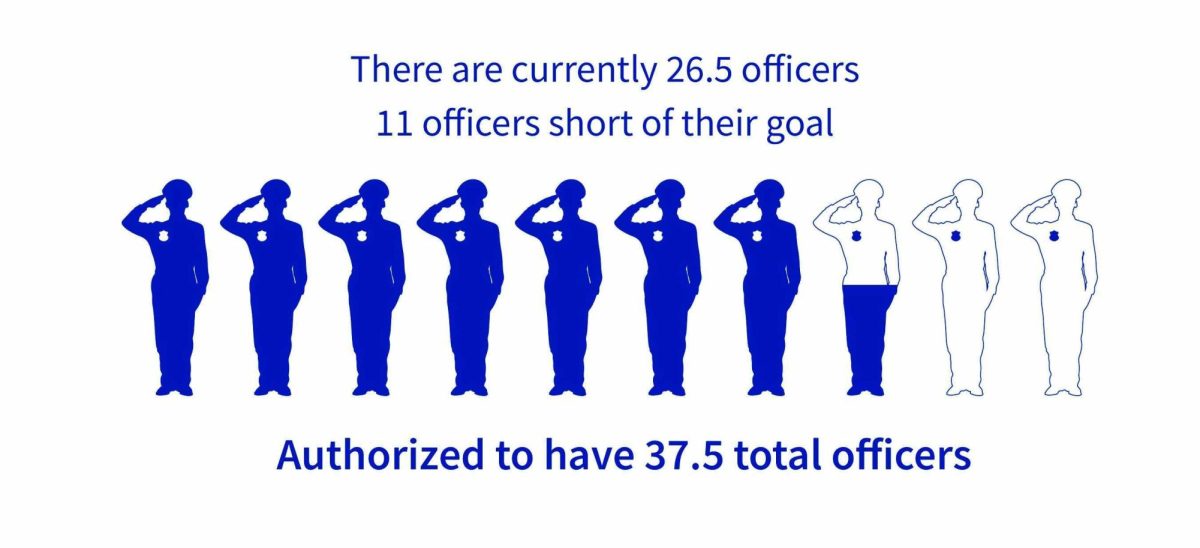President Donald Trump ordered the release of thousands of documents from the National Archives on Oct. 26 in accordance with the President John F. Kennedy Assassination Records Collection Act of 1992.
The documents cover redacted memorandums and testimonies, the Soviet response, Oswald’s mysterious trip to Mexico and other pieces of evidence and governmental findings not previously disclosed. Currently, not all files have been released, but the CIA, FBI and other agencies will vet and clear records continuously, according to President Donald Trump’s statement of full disclosure.
“After strict consultation with General Kelly, the CIA and other agencies, I will be releasing ALL JFK files other than the names and addresses of any mentioned person who is still living,” Trump stated in an Oct. 27 tweet. “I am doing this for reasons of full disclosure, transparency and in order to put and all conspiracy theories to rest.”
The records were released as mandated by the President John F. Kennedy Assassination Records Collection Act of 1992, enacted by the U.S. Congress as an effort to protect national security and individuals involved. A lack of transparency concerning President Kennedy’s assassination has fueled conspiracy theories for decades.
Days after President Lyndon B. Johnson’s swearing in, the Warren Commission was established and given the task of investigating the assassination. The 888-report, per its introduction, was created “in recognition of the right of people everywhere to full and truthful knowledge concerning these events.”
Mary Brennan, the dean of the college of liberal arts and professor of modern history at Texas State, said governmental transparency is paramount.
“If we are going to have a government that works for us, then we have to be able to trust them,” Brennan said. “And if we are going to be able to trust them, then we should be able to see what it is that they are saying.”
The government’s transparency has become a citizen’s privilege that is subject to delay as authoritative figures see fit. The President John F. Kennedy Assassination Records Collection Act of 1992 cites that the President may withhold information further if he certifies:
* (i) continued postponement is made necessary by an identifiable harm to the military defense, intelligence operations, law enforcement, or conduct of foreign relations; and
* (ii) the identifiable harm is of such gravity that it outweighs the public interest in disclosure.
President Kennedy’s assassination occurred during the Cold War and the Vietnam War, so legitimate threats were posed against the U.S. With national security on the line, the government decided full disclosure at the time was not in the public’s best interest.
“I think that there is some value in holding some information back for a period of time, but I think that yes, things need to be released,” Brennan said. “So, unless it was something that was going to harm someone at the time, I see no reason why you shouldn’t release documents.”
Transparency is not only to be observed on a national level. However, on a local and university level, documented openness allows for accountability. Texas State has recently faced threats that have targeted dozens of students, faculty and staff. With a delayed response from university officials, students and faculty were left in the dark for much of the threat’s duration. In an emergency situation, improper or untimely communication is a catalyst for panic and distrust.
Categories:
JFK files offer “full disclosure” 54 years later
November 8, 2017
Located at 625 E. Hopkins St., the San Marcos Public Library is a great resource to learn more about former President John F. Kennedy.
Photo by Felipe Gomez | Staff Photographer
0
Donate to The University Star
Your donation will support the student journalists of Texas State University. Your contribution will allow us to purchase equipment and cover our annual website hosting costs.
More to Discover








